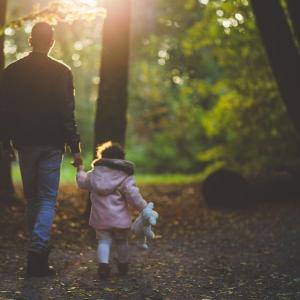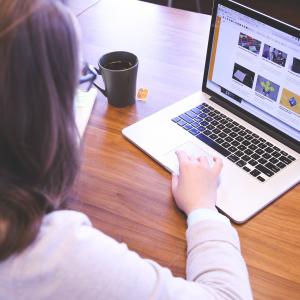How To Reduce And Control Your Anxiety Daily
Living with anxiety is no easy task; being able to reduce and control your anxiety makes handling the disorder easier. Whether or not the prescription medication is an option for you, there are several other ways to get a grip on your anxiety.
First and foremost, relax.
Use mind and body techniques such as breathing exercises or yoga to reduce your anxiety and bring your focus off of the anxious thoughts and feelings. Meditation and massage therapy can also be useful to relax both your mind and body. Use these moments to recognize what is causing your anxiety, and try to avoid these triggers. If avoiding is not an option, try to accept that these are feelings you will have to deal with; look for ways to change or improve the situation. If you aren’t able to, try listening to music, drinking green tea, or using other natural supplements to help reduce your anxiety. Cutting out stimulants such as caffeine, and avoiding junk foods are also helpful ways to feel better and keep a clear head.
Next, get moving.
Being active and staying busy is the best way to keep your mind on a positive track; you will reduce your anxiety without having to change any major habits. Engaging with friends, exercising, or developing a hobby you enjoy will all help to reduce your anxiety.
Try to clear the clutter out of your life. Cleaning up your home can clear negative “junk” filling up your mind, allowing space for positive thoughts and actions. External peace reflects internal peace; sometimes working from the outside, it can make a difference.
Do not let anxiety control your life.
Making a conscious effort every day to use practices that help reduce stress and promote positive thinking. If you feel your anxiety building, use these practices to stop stress in its tracks, and move forward with your new lifestyle.
Photo: Pexels








